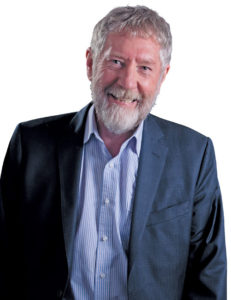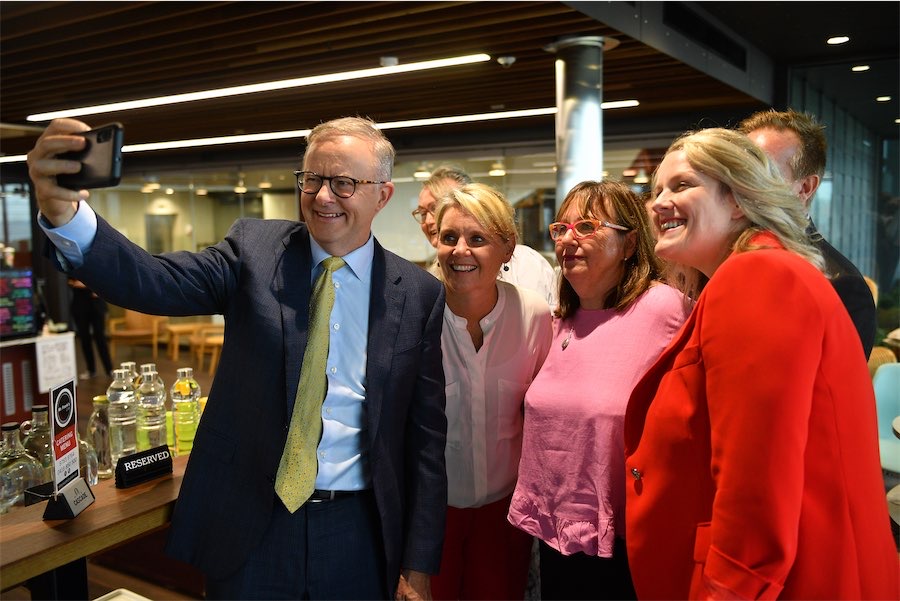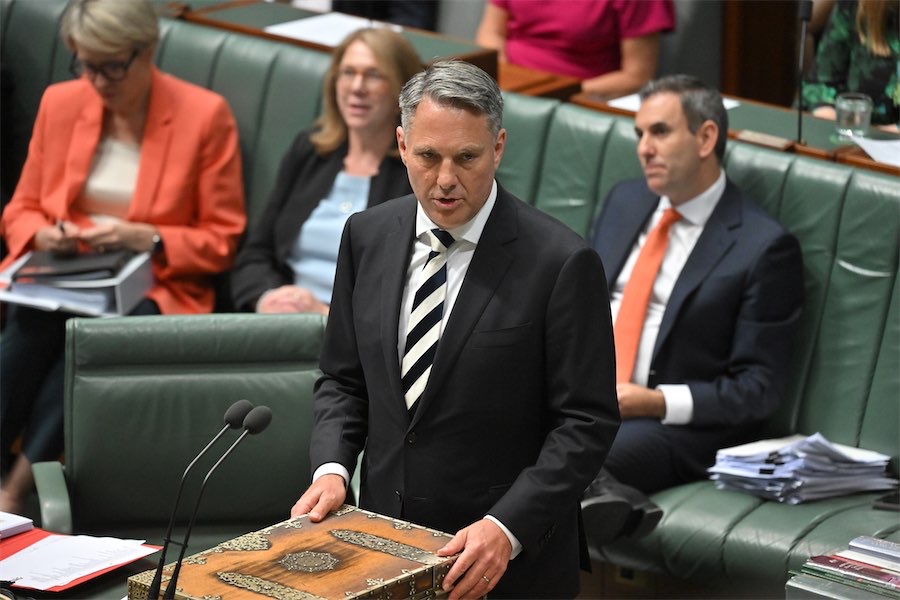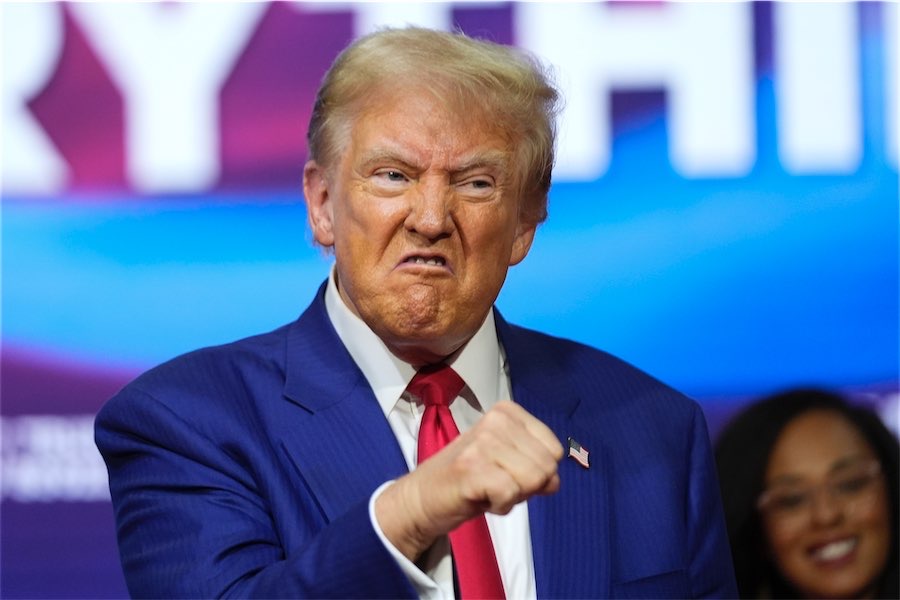
“It’s easy to misunderstand the focus of the more sensible parts of the media on failure to deliver on promises rather than failure to deliver on vaccines,” writes political columnist MICHAEL MOORE.
DON’T panic. The sooner we’re all vaccinated against COVID-19, the better. However, it is not a panic. Australia is in good stead thanks to the preventive measures taken by our range of governments.

There is no need to panic with considerable difference between need and political messaging.
The media throng has been relentless on the failures of the government to deliver on its promises of efficient mass vaccination.
Four million people vaccinated by the end of March was a great target. It would have been terrific – had it been achieved. However, it was very typically a Prime Ministerial #scottyfrommarketing strategy. With lockdowns coming and going and other pressures on his government, Scott Morrison was looking for a clear strategy to move focus from his woes.
Setting a goal always makes sense to voters. A clear, unambiguous and aspirational goal brings people onside. Four million seemed attainable. Setting a timeframe made sense.
The problems started with the hiccup of lack of availability of the vaccines. The political challenge for clear goals and targets is that things unravel when the strategy runs into logistical problems.
Australia has had fewer than 30,000 COVID-19 cases, according to Johns Hopkins Coronavirus Resource Center, and 909 deaths since the pandemic began. Worldwide, the figure is more than 132 million cases and nearly three million deaths. On a single day (April 7), France had four times Australia’s total with 8052 new cases and 426 deaths.
France should be panicking for vaccination – with more than 12 million vaccinated, they still have around 55 million waiting. Australia does not need to panic. We would do well to take advice from author Douglas Adams who used the phrase Don’t panic on the front cover of his intergalactic guide to the universe in the “Hitchhiker’s Guide to the Galaxy” series.
Although not travelling the universe, it is time to look well beyond our own borders. Australia has sent vaccines and another AUSMAT team to our nearest neighbour, Papua New Guinea. But is it enough?
Compare the few cases in Brisbane with that of PNG. In the last week, there have been 1643 new cases and eight deaths in PNG. While Australia is stabilising, our neighbour to the north is experiencing a significant increase in cases. At the end of the week after Easter, with about one third of Australia’s population, PNG has been able to deliver 250 vaccinations compared to Australia’s roughly 850,000
Even considering the inconvenience of our most recent lockdown in Brisbane, Australia is not in immediate need of being vaccinated.
The opening of the NZ “travel bubble” reminds us of the importance of international connectedness and international travel. With both our countries largely having COVID-19 under control, this border opening makes sense. However, it is also a reminder that global travel will never be a reality until a really large proportion of the world is effectively vaccinated.
For selfish reasons alone we should be playing our part in assisting with the vaccination of developing countries. However, there are also altruistic reasons. Don’t panic! The risk of dying of COVID-19 is much greater in low and middle-income countries as their hospital systems, particularly in the area of intensive care, are overwhelmed by demand. Equity demands assistance.
France is challenging. However, compare its numbers to Brazil where, also on April 7, there were 92,625 new cases and 3829 deaths. Even the UK suffered 2797 new cases and 45 deaths on the same day. At least in the UK they have vaccinated more than 37 million people.
Until world leaders are prepared to consider equitable distribution of vaccines, pre-COVID-19-style regular global travel will be a pipedream.
It’s easy to misunderstand the focus of the more sensible parts of the media on failure to deliver on promises rather than failure to deliver on vaccines. Prioritising marketing ahead of action makes the Prime Minister and his government vulnerable to serious criticism regarding lack of substance.
Michael Moore is a former member of the ACT Legislative Assembly and an independent minister for health. He has been a political columnist with “CityNews” since 2006.
Who can be trusted?
In a world of spin and confusion, there’s never been a more important time to support independent journalism in Canberra.
If you trust our work online and want to enforce the power of independent voices, I invite you to make a small contribution.
Every dollar of support is invested back into our journalism to help keep citynews.com.au strong and free.
Thank you,
Ian Meikle, editor





Leave a Reply